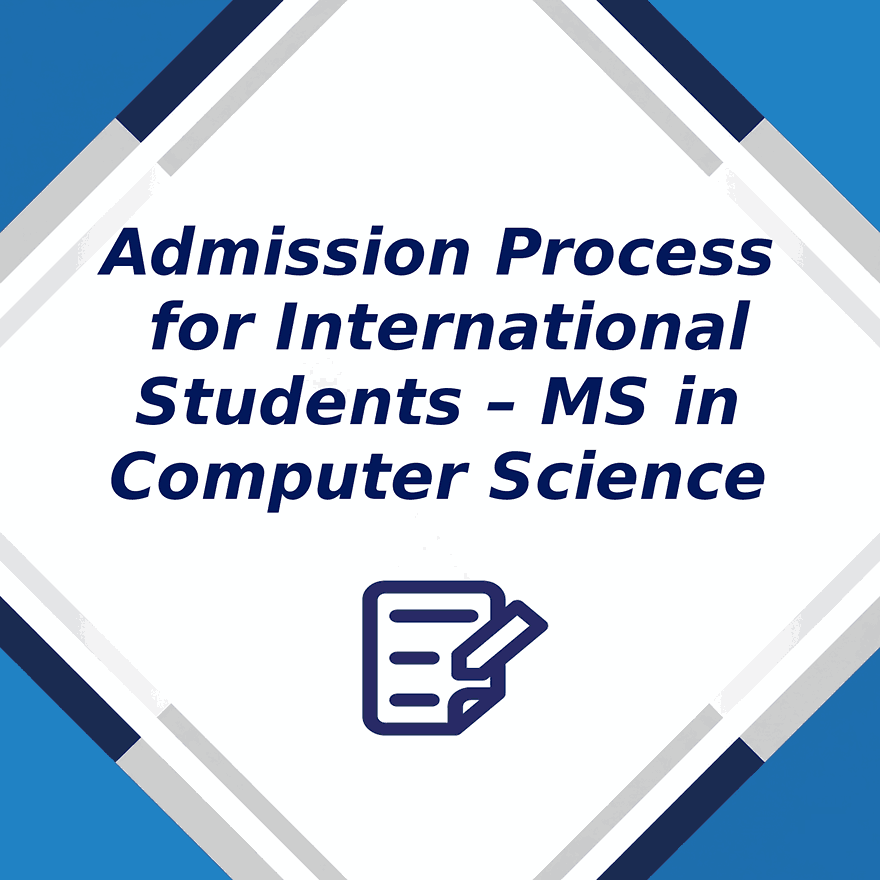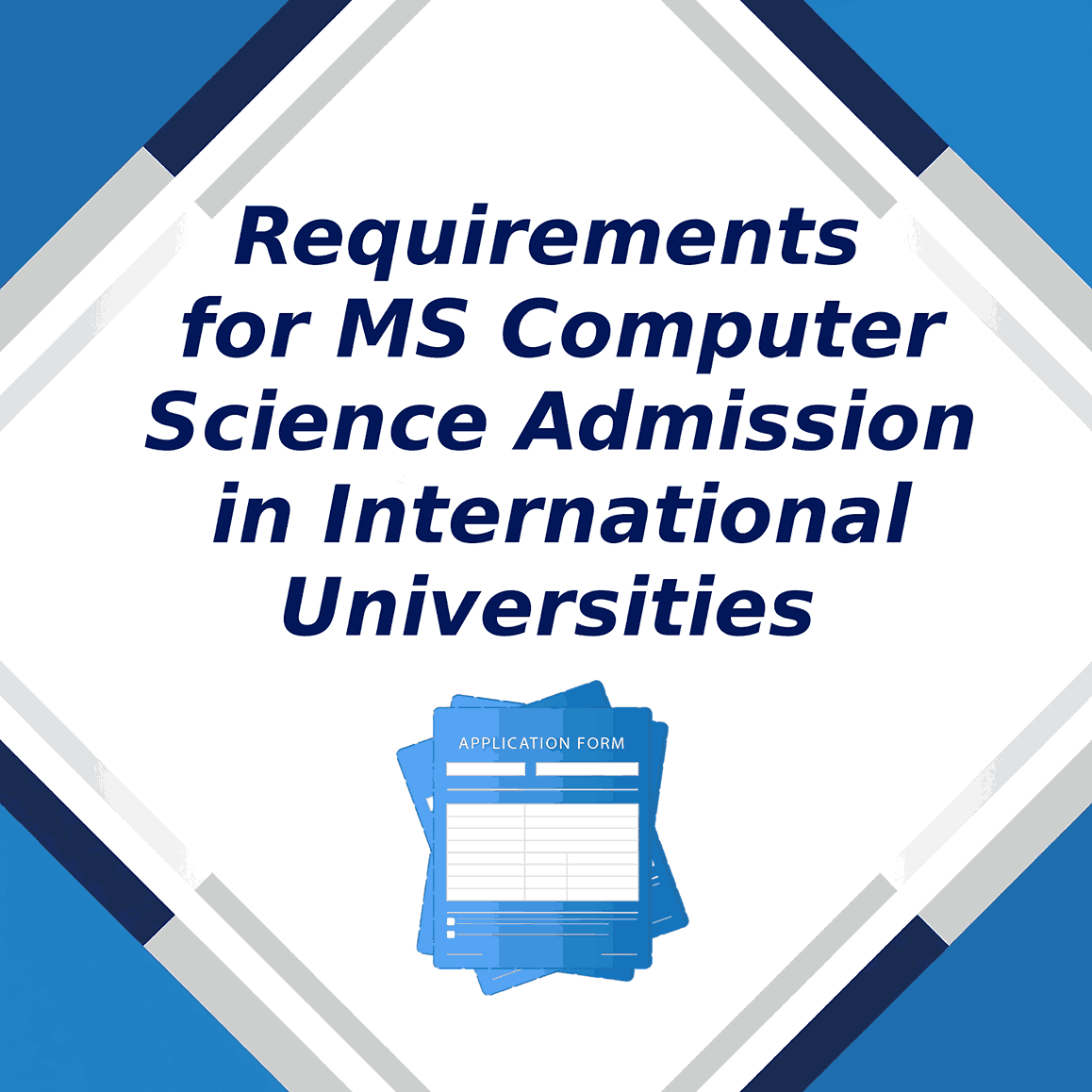List of International Universities :
• Master's in Computer Science for US
• Master's in Computer Science for UK
• Master's in Computer Science for Australia
• Master's in Computer Science for Canada
• Master's in Computer Science for France
• Master's in Computer Science for Germany
• Master's in Computer Science for Japan
• Master's in Computer Science for South Korea
• Master's in Computer Science for Malaysia
• Master's in Computer Science for Singapore
 Research Breakthrough Possible @S-Logix
Research Breakthrough Possible @S-Logix










